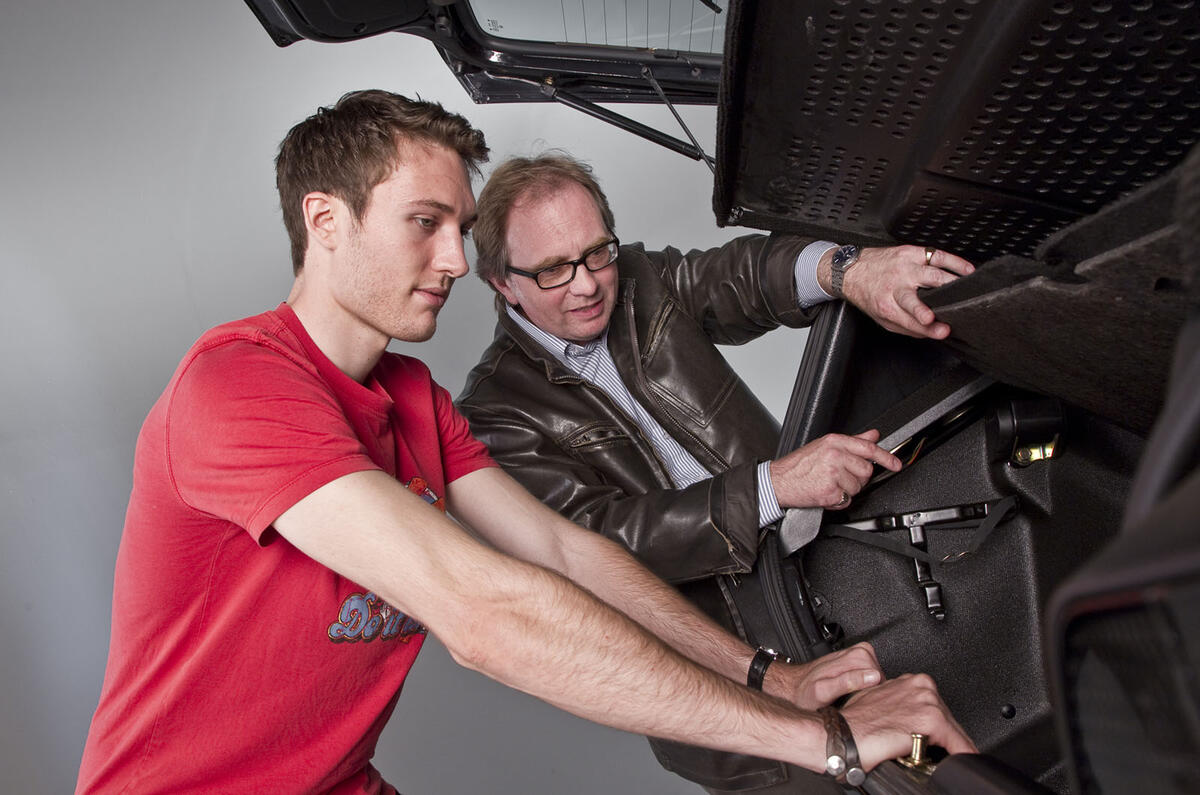Buying a used car can be a daunting experience, but bear our essential used car checklist in mind and you can walk away with peace of mind.
Remember, you don't need to get your hands dirty, either. Just use your senses and take a knowing mate along too.
Autocar's roadside once-over
Tyres – you want the same tread pattern and make on each axle at least, not some remoulds you’ve never heard of. Different tread depths suggest alignment/suspension issues.
Alloys – chipped, scraped and caked in brake dust? An owner who doesn’t care.
VIN plate – make sure they match and haven’t been tampered with.
History – old MOTs are worth studying for continuity. Plus you might find a bill for a new front end after an accident.
Electrics – press and prod everything and use your mate to tell you if the lights work.
Levels – look at the oil, water and hydraulic fluids. All should be fresh and at the max level.
Bodywork – panel gaps, bits of dirt in the paint, overspray? It’s all about observation.
Locks – make sure they work smoothly. If they catch, perhaps there’s been a big prang.
The owner – do you trust them? Be a snob. Can they afford to run the car you want to buy?
Used cars – frequently asked questions:
What's the best way to pay for a used car?
If someone wants cash, well, it’s their right to ask, but do you really want the hassle of carting thousands of quid around? Also, some sellers don’t have the car and just want to meet you in a lay-by and cosh you for the money. Don’t have nightmares, but it does happen. So keep it virtual.
Cheques are so last century and will take an age to clear, but they’re okay if you and the seller are prepared to wait. Dealers will, of course, take anything, including your old motor as part exchange, but put what you can on a credit card, as you stand an outside chance of getting the money back if things go pear-shaped.
A debit card is instant. Also consider a bank transfer, which, depending on your account, will see the money instantly transfer, although it doesn’t always show up online straight away.
One of the best ways to pay privately is PayPal. This shows up instantly and has a degree of buyer protection, like a credit card.
What are my rights if my used car goes wrong?
We could get bogged down by legal speak here. In the simplest terms, you have six months to complain to a dealer about a fault. A car should also be free from defects, unless they were pointed out to you by the dealer or should have been revealed by an inspection.
The car should also be as described, so a one-owner car must be just that and fit for any normal purpose, meaning it must be reasonably reliable and capable of any tasks you specify, such as seating seven passengers, or towing.




Add your comment